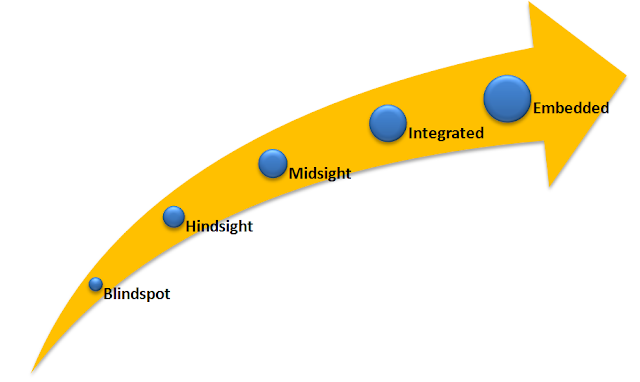Pandemic Simulator

Pandemic is a Poppyfish business simulation and management learning exercise designed to help organisations to understand the possible consequences of an outbreak of pandemic flu. The simulation involves participants managing a number of realistically structured and interactive departments, business units or teams through a pandemic cycle, juggling resources to maintain operations and deliver objectives. Run as a one day phased decision making exercise Pandemic uses data on infection rates from the UK Dept of Health and NHS but is tailored specifically to the organisational hierarchy of the client organisation. Learning objectives The learning objective of this simulation is that by the end of the session participants will have negotiated their organisation through a 15 week pandemic cycle and will understand more about the impact that an event such as a pandemic flu outbreak could have on their workplace. The simulation is primarily about strengthening organisational resilience ...





